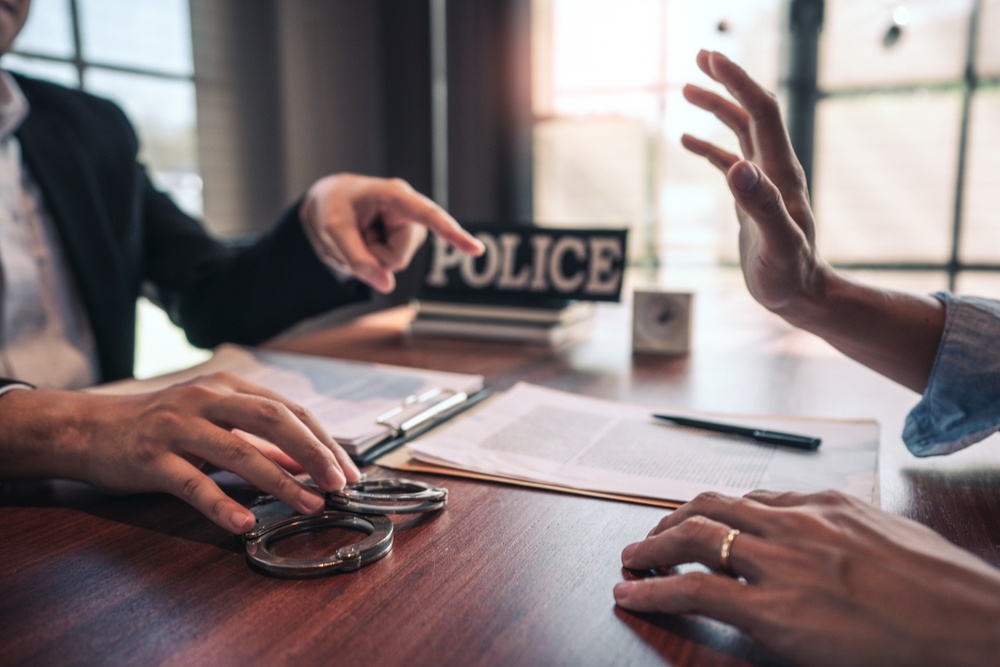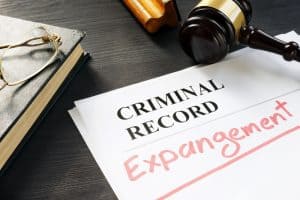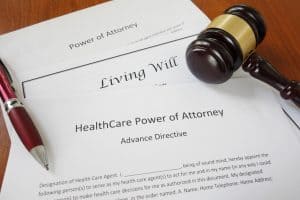What is probation?
When you are convicted of a crime in New York for either a misdemeanor or felony case, the court may choose supervised probation for you instead of incarceration. If you are placed on probation, you will need to follow a strict set of rules and meet with your probation officer on a regular basis. To remain in compliance with your probation, you will need to:
- You must report to your probation officer within 72 hours of your release from jail.
- At your first probation appointment, you will receive instructions as to how often you will check in with your probation officer.
- You must be truthful when you answer any questions your probation officer asks you.
- You may not leave the court district where you reside and work without express permission.
- You may only reside in a residence that is approved by the probation department. If you have to move, you will need to give the probation department a minimum of ten days’ notice and receive approval on your new residence before you move.
- You must allow your probation officer to visit you at your home or anywhere else they request at any time. You must also allow them to remove items that are prohibited by the conditions of your probation if he or she observes these items in plain view.
- You must work full-time, a minimum of 30 hours per week, at any type of lawful employment. If you are unemployed, you must seek full-time employment unless you are excused from doing so by your probation officer. If you decide to change jobs while you are on probation, you need to give your probation officer a minimum of a 10-day notice.
- You may not commit any type of crime or participate in illegal activities while you are on probation.
- You may not have contact with any individual who is involved in criminal activity for the duration of your probation.
- You may not own, have access to, or possess any firearms, ammunition, dangerous weapon, or destructive device while you are on probation.
- You may not act as or come to an agreement to act as a confidential informant for any law enforcement agency without the prior approval of your probation officer.
- You must follow all instructions given to you by your probation officer.
What is the Difference Between Probation and Parole?
Probation and parole often carry the same requirements. The primary difference between the two is that probation is supervised at the county level and is a part of your sentence by the county courts without having to serve any jail time. Parole is under the oversight of the New York State Department of Corrections and Community Supervision (DOCCS). When an individual is incarcerated in a state or federal correctional facility, they can petition the parole board for early release even though they still have time left to serve on their sentence. Parole is the supervision process for those who qualify for early release back into their community.
Why You Need a Probation Lawyer
Your probation lawyer can help you negotiate the terms of your probation. If you should violate your probation, your probation lawyer will represent you in court to get you the best possible outcome for your criminal defense case. When you violate your probation, it usually means that you are going to jail. With a probation lawyer by your side in court, you can be assured that he or she will fight to get you the least amount of jail time. If you are having problems with the probation department, your probation lawyer will serve as your advocate.
In Western New York, you should look no further than the Law Offices of Norman Mattar. Our legal team has been representing clients for more than 25 years and has experience in every area of the law. Contact us today for a consultation and to provide you with the best representation for your court case.




